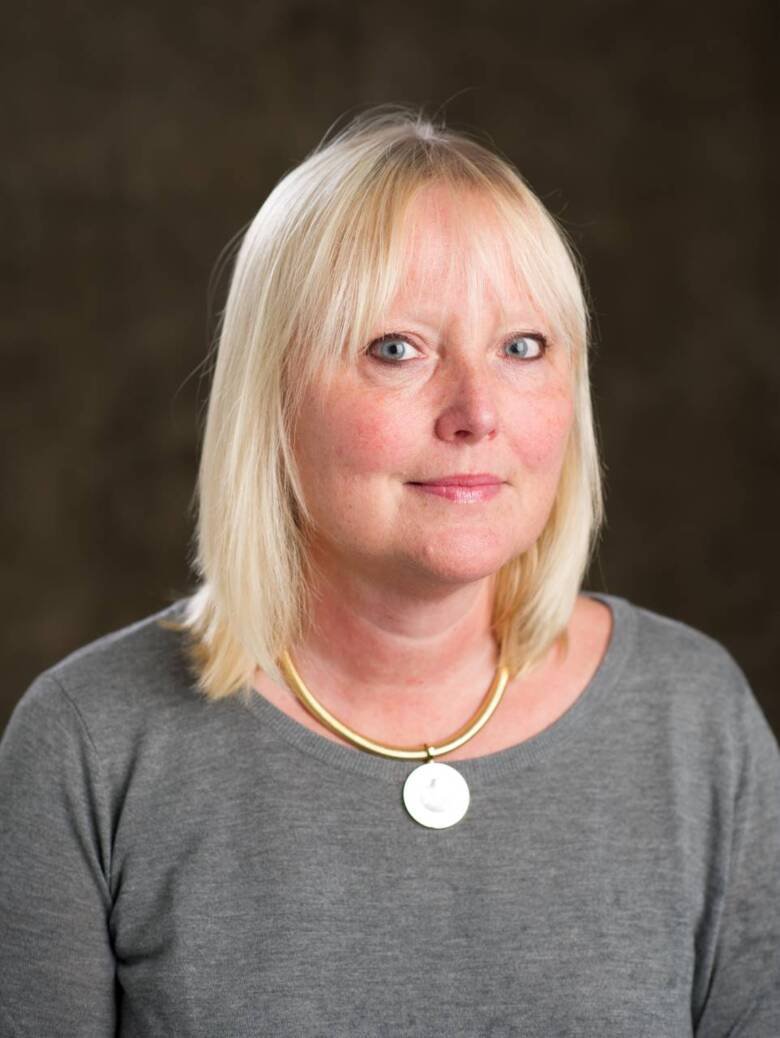About 100 genes are significant in childhood cancer
Ann Nordgren is an adjunct professor of clinical genetics at Karolinska Institutet and researches the genetics of childhood cancer. However, there is only about 100 genes that are sicnificant in childhood cancers.

Text: Fredrik Hedlund. First published in Swedish in the magazine "Medicinsk Vetenskap" no 3, 2016.
What percentage of all cases of childhood cancer can we now say there is a genetic explanation for?
“A small number, about ten per cent, if we are talking about a congenital genetic explanation. These days we know of about 100 genes that we are certain are significant, but in the vast majority of cases we don’t know why children develop cancer.”
What genetic relationships have you seen?
“All children with leukaemia have different genetic deviations that have arisen in the cancer cells, i.e. not in the body’s cells. There are lots of sub-groups that need to be treated in different ways.
For many years I have also been studying the genetics of children whose syndromes are unclear – different types of developmental disorders or deformities. I’ve sometimes found that the genes leading to a particular syndrome are the same genes that may be mutated in cancer cells later in life. With a congenital mutation in all the cells in the body, the child will be born with a syndrome. If the mutation instead occurs in an individual cell type later in life, it can lead to cancer. But children with certain congenital conditions such as Down’s syndrome are also at greater risk of getting cancer. We know very little about why this is the case and why only certain children with syndromes develop cancer.
I also study families in which several close relatives have had cancer as a child and also identical twins with leukaemia. Both types of family are extremely rare but very interesting from a research point of view because they enable us to identify genes that can be linked to leukaemia. In a case where identical twins have both fallen ill, we believe that one twin develops leukaemia during pregnancy and that the cancer cells then transfer from one twin to the other before birth."
Might there be a greater risk of getting cancer as an adult in families that have been affected by childhood cancer?
“That may be the case. It depends on the underlying genetic causes. In a very few families with inherited cancer genes we know that the risk is significantly increased, but in most families this doesn’t appear to be the case. We will be looking into this in a major registry study this autumn (2016). There may be certain types of cancer that are over-represented in some families.”
